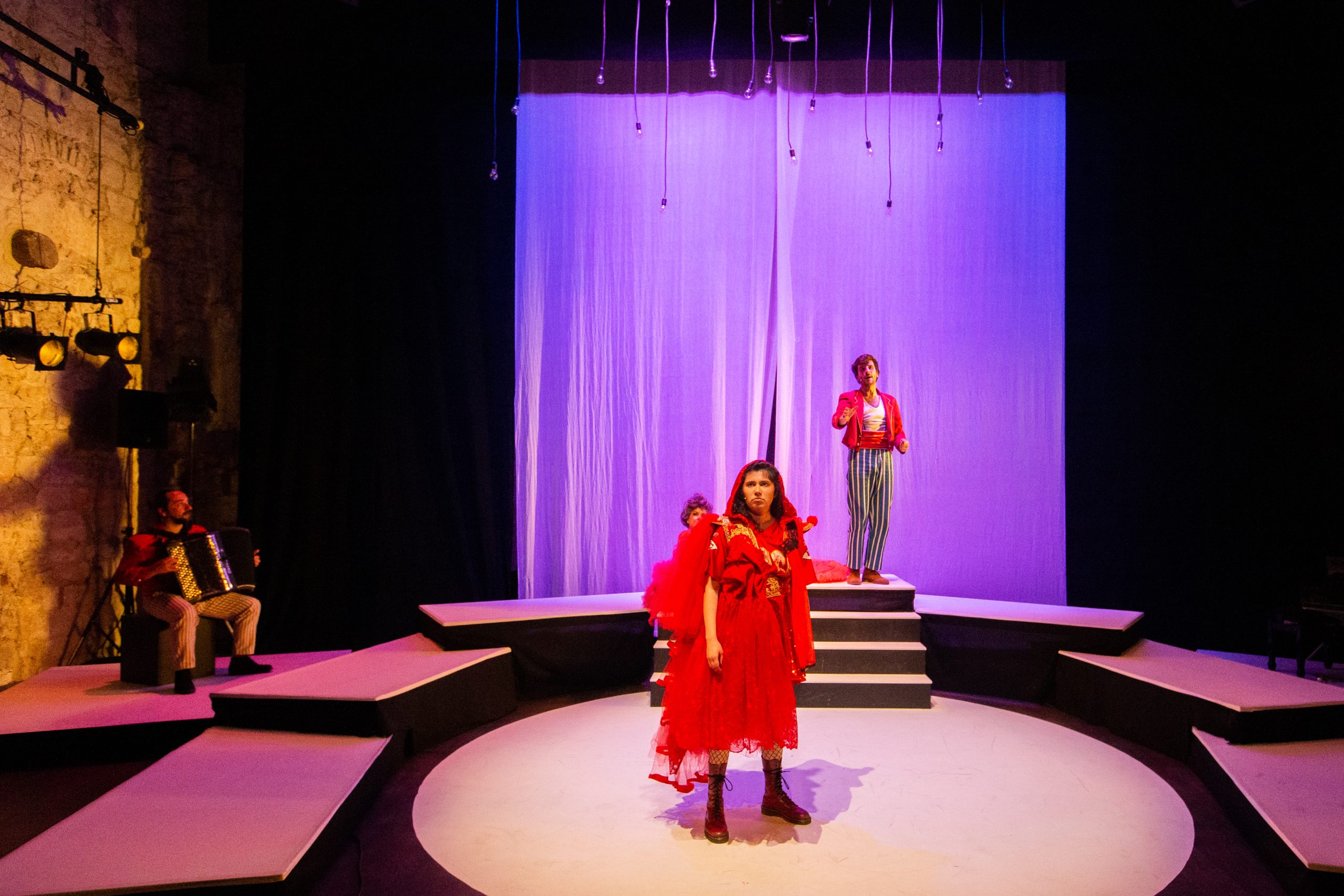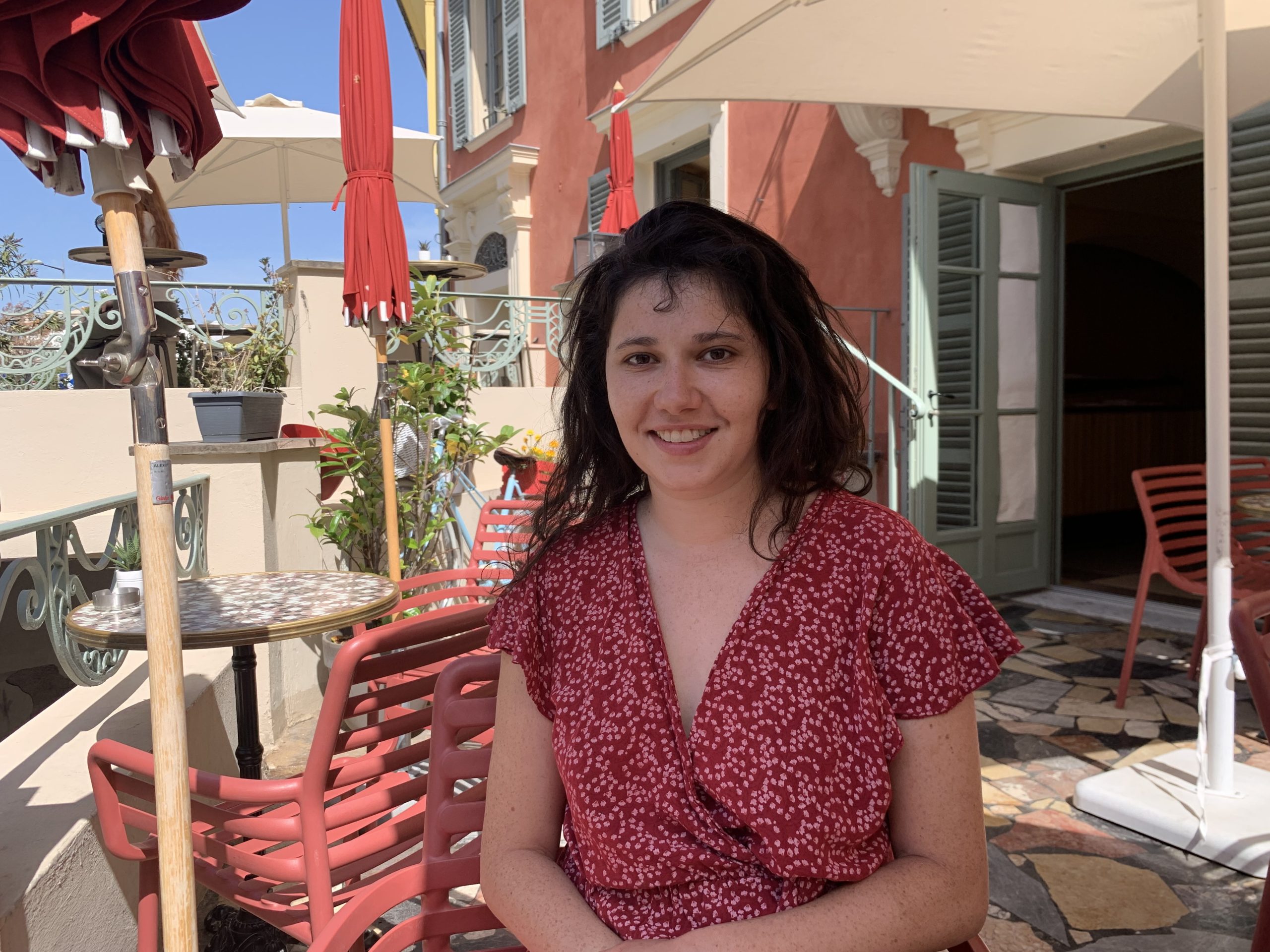Main actress in the play Phèdre by Muriel Mayette-Holtz, Ève Pereur is grateful for the opportunity she has to portray this emblematic character of French theater.
Ève Pereur is part of the Théâtre National de Nice troupe. After an audition upon graduating four years ago, she and Muriel Mayette-Holtz appreciated each other greatly and have not been apart since. It was therefore natural that the role of Phèdre in the play of the same name came to her.
Did you audition for the role of Phèdre or did the director offer it to you?
We’ve known each other for four years now, so yes, she offered it to me. She put together Phèdre more or less for me, to offer me a role.
Do you have a special connection with your character?
Of course! Everyone, or at least women, have a special connection with Phèdre. What is amazing in Racine’s tragedy, and why he is a good author, is that in every character you can see yourself. They are archetypes of character, so we easily identify with them. Phèdre discovers her desire. Muriel told me, “it’s like a young girl who discovers her first menstruation.” She is astonished by what happens to her, and I think every woman has experienced this moment of self-discovery, of inner self, and desire. You even discover a new pain linked to all this or even frustration.
So is this something you have experienced too, which helps you in playing this role?
Yes, as I said, it’s something we’ve all experienced. I too had my first emotions and desires. I try to convey that on stage.
What is different compared to other adaptations?
It’s generally a play performed by much older women because it’s such a legendary, complex, and dense role that there is delight in playing it. Since Phèdre is a stepmother, we tend to cast older actresses. However, we must remember that she is actually the same age as Hippolyte, so it’s normal for her to fall in love with him. She was forcibly married. Muriel decided to precisely change this and take the stance of showing that side, in addition to showing that it’s a possible couple.
If you had to define the play in a few words, which would you choose and why?
It’s a great poem, punctuated with humanity. It introspects every turn and corner of the human soul. Our emotions, our feelings, our constructions, and even our contradictions are highlighted in this play. I could also say the gods, because there is something vertical in Racine and Phèdre, he addresses the gods, relies on the gods too. There is something greater than them.
Do you have any other projects you are working on and can you tell us more about them?
Next year I will be on tour with Les Fourberies de Scapin also directed by Muriel. I will also be on tour with Je M’appelle Pas, a show by Edouard Signolet who was an associate artist and with whom we staged the play here, which is an adaptation of the tale Little Red Riding Hood. Finally, I will also be part of an opera by Edouard Signolet as a narrator.



